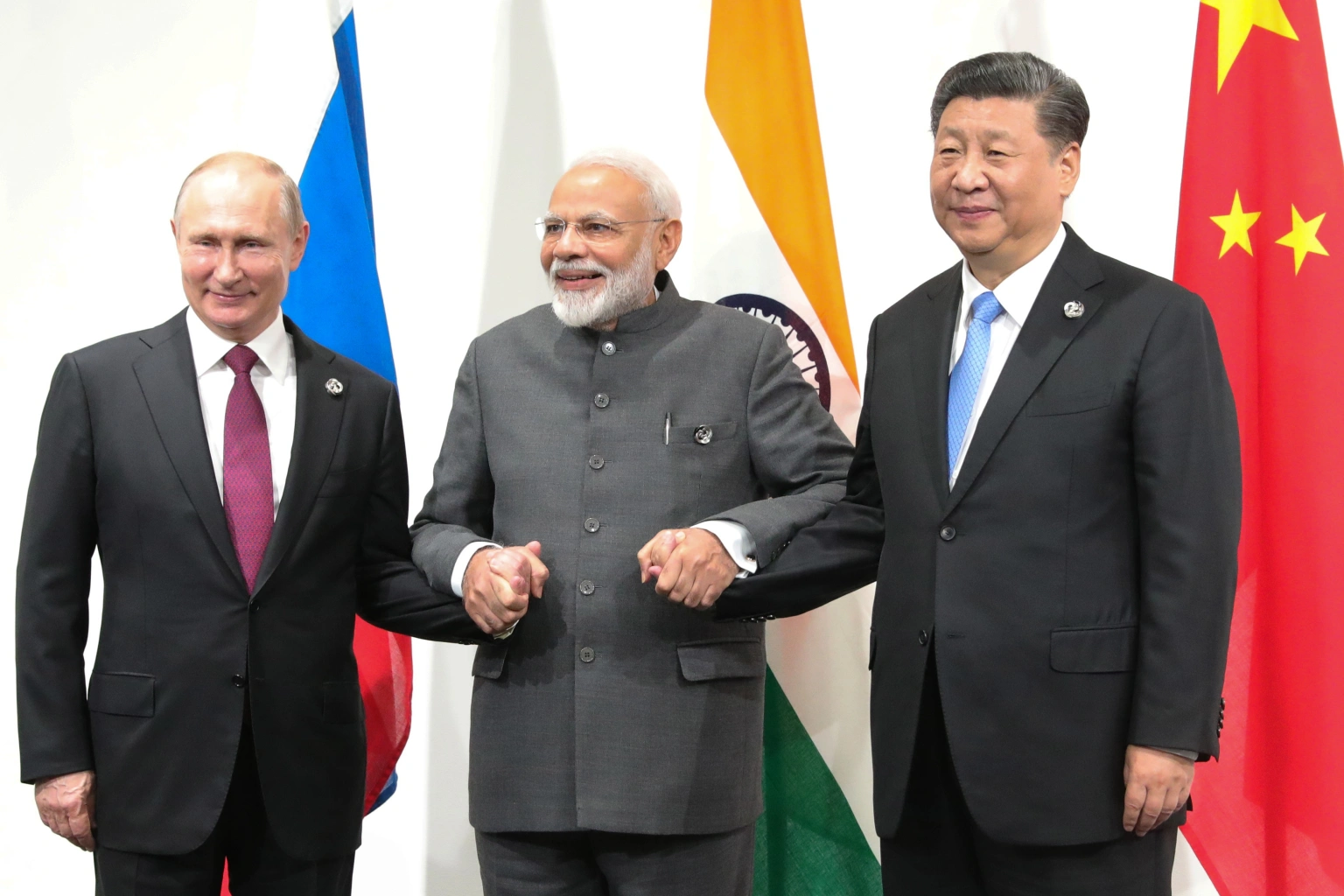Russia Strives to Avoid G20 Isolation as China and India Distance Themselves – At the G20 summit in Bali, Russia fought to avoid diplomatic isolation as its traditional allies, China and India, began to distance themselves from the war in Ukraine, which a draft communique stated had caused severe economic damage to the world. Both Narendra Modi, the Indian prime minister, and Xi Jinping, the Chinese president, voiced worry over the war without abandoning their past support for Moscow. US officials continued to press for the final communique to place additional blame on Russia.
The draft includes text stating that “most members strongly condemned the war in Ukraine” and stresses that “it is causing immense human suffering and exacerbating existing fragilities in the global economy.” Indonesia, the summit’s host, has attempted to reduce references to the war, stating that the G20 is not a security forum and that repeating well-known opinions will impede progress on matters like global debt and post-pandemic recovery.
People Also Read: Report Unveils Latest EU Sanctions to Restrict Russians’ Access to Crypto Services in Europe
The summit taking place on the Indonesian island of Bali is the first time the G20 leaders have gathered since Russia’s invasion of Ukraine in February, which Russia termed a “special military operation.” The gathering was overshadowed by the conflict and concerns regarding global inflation, food and energy security. In his talk, Xi cautioned against the “weaponization” of food and energy and stated that he opposed nuclear war under all circumstances, words that threw doubt on Russia’s repeated threats to deploy tactical nuclear weapons in Ukraine.
Xi stated, “We must firmly oppose politicisation, instrumentalisation and weaponization of food and energy problems.” Modi stated that it was essential to acknowledge that the United Nations had failed as a multilateral institution, hence increasing the pressure on the G20 to find solutions. He stated that the time has arrived for diplomacy and a truce to take precedence. In a video message that the Russian foreign minister Sergei Lavrov dodged by staying in his hotel, the Ukrainian president, Volodymyr Zelenskiy, stated that it was time to end the war because it had resulted in thousands of lives.
However, he emphasized that a ceasefire was only possible if Russian armed forces vacated Ukrainian land. While wearing his now-familiar green T-shirt, he declared: “I am convinced now is the time when the Russian destructive war must and can be stopped. It will save thousands of lives.” Speaking in Ukrainian to the most influential audience he has addressed since the beginning of the war, Zelenskiy attempted to portray himself as a man willing to reach an agreement with Russia, but only on terms that protected Ukrainian sovereignty and acknowledged the valor with which his troops had fought to defend their country.
In a presentation to Xi, he denounced “the crazy threats of nuclear weapons that Russian officials resort to. There are and cannot be any excuses for nuclear blackmail,” he added, pointedly thanking the “G19” – excluding Russia – for “making this clear.” According to Wang Yi, China’s foreign minister, Xi told the US president, Joe Biden, at their bilateral meeting on Monday evening that “nuclear weapons should not be used and nuclear wars should not be fought.”
Additionally, the Ukrainian leader demanded the extension and indefinite continuation of a grain deal brokered by the United Nations and Turkey in July. Much of the diplomatic arm-twisting at the G20 centers on the conditions under which Russia will continue to support the agreement. It has previously terminated cooperation once, citing insufficient efforts by the west to convince insurance and shipping companies to transport Russian wheat and fertilizers.
Russia and Ukraine export over thirty percent of the world’s wheat and barley, five percent of its maize, and more than fifty percent of its sunflower oil. Until the arrangement was concluded in July, the Russian invasion had halted 20 million tonnes of grain in its ports. According to Russia, the export agreement has only been partially implemented. However, Russia claims that the agreement is imbalanced because western sanctions have continued to cast a shadow over Russian grain shipments by hurting payments, insurance, and transportation. This Friday, the grain deal, a rare ray of diplomatic sunshine, is up for renewal.
People Also Read: Russian Embassy Threatens Swiss Newspaper After Publishing Putin Clown Meme
The deal allowing exports past the Russian navy from three Ukrainian seaports has been critical to lowering grain prices. The dispute over the future of the grain deal is part of a wider diplomatic battle between Russia and the west to convince skeptical opinion in the global south that right is on their side. In his statement, Zelenskiy, who had just returned from visiting Kherson, a city regained from Russia this week, offered little concessions regarding the parameters of any peace treaty.
He stated that such a deal might be made at an international conference and that Russia would be compelled to transfer a portion of its assets in exchange for the responsibility of rebuilding Ukraine. Monday, 94 of the 194 members of the United Nations General Assembly voted in favor of a non-binding resolution recognizing that Russia must pay reparations to Ukraine.




